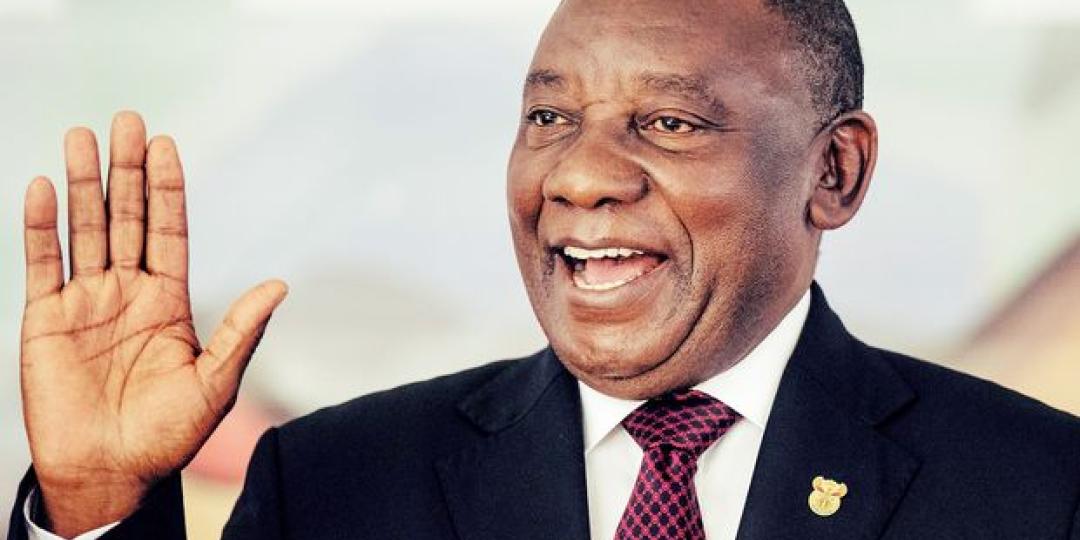South Africa will open its borders for international flights on October 1, announced President Cyril Ramaphosa in his latest address to the nation earlier this evening, Wednesday, September 16.
This comes as the country moves to national lockdown alert level 1 at midnight on Sunday, September 20, on the back of the daily rate of infections continuing to slow down to fewer than 2 000 per day. At peak, the number of infections was up to 10 000 to 15 000 per day. The recovery rate is currently at 89%.
The opening of borders will be based on certain restrictions and those countries with high infection rates may be prevented from entering South Africa. Ramaphosa said a list of the countries that fell into the high-risk category would be published over the next few days.

International travellers will also be required to present a COVID-19-free certificate that is dated no later than 72 hours within their date of arrival.
Those who do not have a certificate will face a mandatory quarantine period at their own cost.

In reaction to the news, CEO of the Tourism Business Council of South Africa, Tshifhiwa Tshivhengwa – who has been lobbying for borders to open to enable the survival of a sector on its knees – said in a Facebook post: “Let’s go to work and welcome our international guests. The fight has been long and it’s not close to be finished. Aluta continua.”
He added that tourism could be South Africa’s economic lifeline. “Every day we have been closed to international travel we have lost R336m (€17.4m) of spend and the government has lost vital tax revenue. Opening up our tourism sector will have a direct and immediately positive impact on Government’s coffers at a time when it most needs it.”
Enabling environment for tourism
Government’s decision to reopen to international travel and tourism gave the industry an opportunity to get back on its feet, said David Frost, CEO of SATSA, the voice of inbound international tourism.
According to him, the sector cannot grow to its full potential and contribute more meaningfully to South Africa’s economy unless several interventions are introduced swiftly to improve the competitiveness of the country as a tourism destination and drive demand.
Some of those interventions include the removal of quarantine requirements for visitors and improved visa access.
“Now more than ever comes the opportunity for the public and private sector to collaborate in word and deed and to leverage South Africa’s competitive advantage as a global tourism player. This is the industry that has been earmarked as a catalyst for inclusive economic growth. As such, tourism should be prioritised if it is going to make the contribution it has the potential to make to pull the South African economy out of these stormy waters,” said Frost.
Reopening safely
Under the TBCSA, the entire value chain of tourism has devised and rolled out stringent health and hygiene safety programmes and protocols under the banner, Travel Safe – Eat Safe, said Lee Zama, CEO of Fedhasa, the national trade association for the hospitality industry, which includes the accommodation and catering sectors.
“These protocols have been based on international best practice and endorsed by the World Travel and Tourism Council. Our industry is ready to receive guests. We have protocols in place to mitigate any risk associated with COVID-19 and have developed a Travel Safe-Eat Safe mobile app to ensure that the information of guests and participating establishments are logged electronically. South Africa is Travel Ready,” she said,
Details on the new regulations around level 1 will be published shortly.























